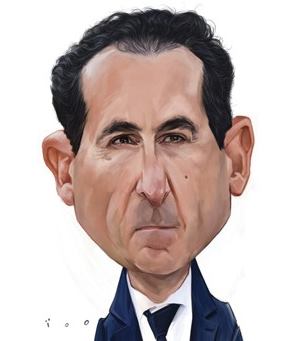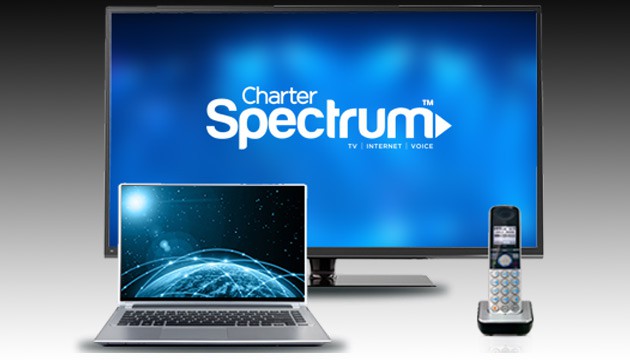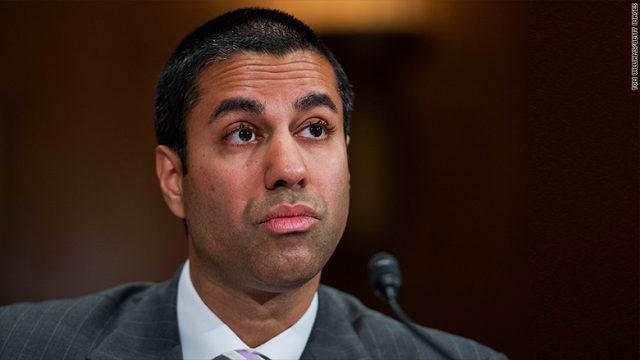 Nearly 200 people turned out for a packed public meeting in Lexington, Ky. to complain about Charter Communications and its Spectrum cable television service.
Nearly 200 people turned out for a packed public meeting in Lexington, Ky. to complain about Charter Communications and its Spectrum cable television service.
“Welcome, Spectrum, to the lion’s den,” said Mayor Jim Gray, introducing company representatives. The complaints began right away.
“The biggest slap in the face is that no matter what we pay,” one woman said, “no matter what we set up for autopay, every single month – no purchases, no changes on our end, our bill is never consistent and always growing.”
Prices and poor customer service were the top complaints at a meeting that filled a large room at a local senior center, organized by Lexington city officials.
The problems began after Charter Communications bought Time Warner Cable. As customers’ Time Warner Cable promotions expired, prices skyrocketed. Charter representatives are trained to convert customers to Spectrum-branded packages, which many customers argue costs more.
“There’s always going to be some pains when you change from one company to the next,” Mike Pedelty, a Charter spokesperson, told WKYT’s Garrett Wymer. “There’s different ways Time Warner Cable did things than the way Charter does things. We understand that, we appreciate that. We try to do our best to communicate to our customers, we try to make sure that we let them know their options.”
Customers do not necessarily like those options.
 “Spectrum has increased my bill twice while I’m still on the package,” complained customer Loney Burns. When she tried to cut back on her package to save money, Burns was told, “if you want to take them off, we will increase your bill.”
“Spectrum has increased my bill twice while I’m still on the package,” complained customer Loney Burns. When she tried to cut back on her package to save money, Burns was told, “if you want to take them off, we will increase your bill.”
City employee Roger Damon pointed out that most Time Warner Cable customers avoided paying the regular prices Charter uses as a benchmark to claim Spectrum’s packages and pricing costs less. By negotiating with Time Warner Cable, customers could easily obtain a new promotional offer when an old one ran out. After Charter took over, the company stopped giving back-to-back promotions. As a result, a growing number of customers are forced into regular priced Spectrum packages, exactly as Charter CEO Thomas Rutledge intended.
“It’s not a very competitive business, and that’s one of the reasons that we have these challenges with customer service today,” Gray told the crowd. “We have had very, very poor technical service, very poor customer service and price increases with no notice. No one should have to scrub their monthly bills for hidden fees.”
The city’s only recourse is to fine Charter or revoke its franchise. But with the cable industry being largely deregulated, local officials have little bite to deliver after a bark. Fines can be appealed in court and there are no significant examples in recent history where a community revoked a cable franchise and found another company willing to enter another operator’s traditional service area.
WKYT-TV in Lexington covered last week’s public meeting on Charter Communications’ service in Kentucky. (1:21)


 Subscribe
Subscribe







